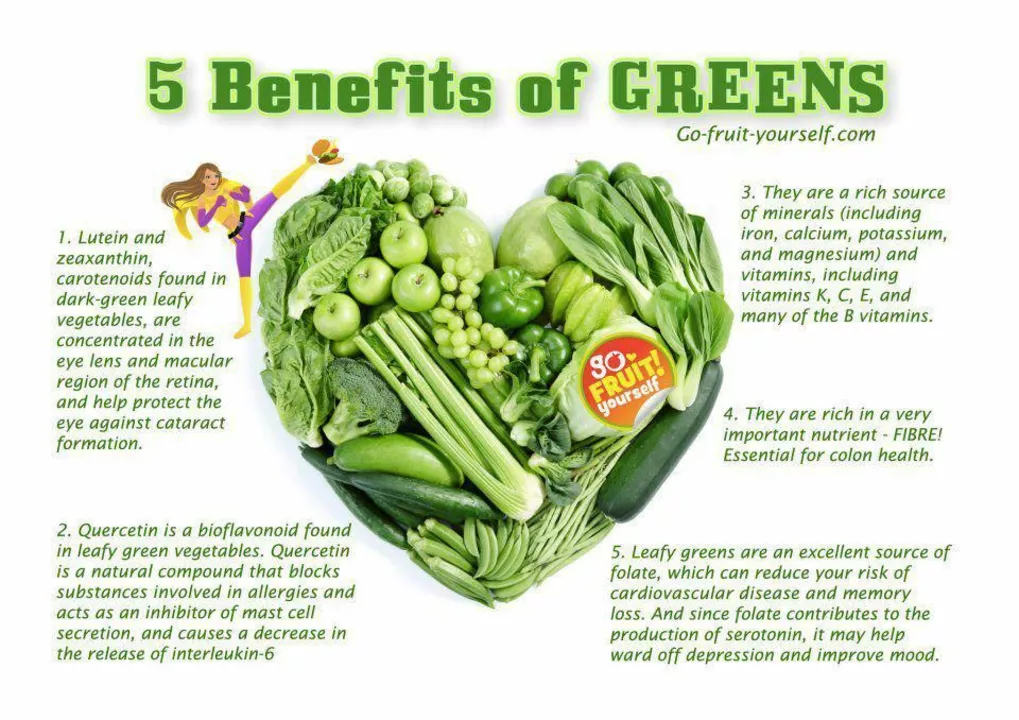Broccoli Supplements: What They Do and How to Use Them
Broccoli supplements focus on sulforaphane and its precursor, glucoraphanin. Sulforaphane is the compound most people want because it helps antioxidant and detox pathways in the body. If you don’t eat broccoli sprouts every day, a supplement can be an easy way to get a concentrated dose.
What broccoli supplements contain
Most products come in two main forms: broccoli sprout extract (rich in glucoraphanin) and stabilized sulforaphane. Some list both glucoraphanin and myrosinase. Myrosinase is an enzyme your body needs to turn glucoraphanin into active sulforaphane. Without it, you might get less benefit. Look for labels that show standardized glucoraphanin content or a guaranteed sulforaphane yield.
There are also powders, capsules, and tablets. Powders mix easily into smoothies; capsules are more convenient for travel. Some manufacturers pair broccoli extract with black pepper extract or vitamin C to boost absorption.
Benefits backed by research (what to expect)
Research shows sulforaphane can activate a pathway called Nrf2, which supports the body’s antioxidant defenses. People take broccoli supplements to support liver detox, reduce inflammation, and help cellular protection. Clinical studies and small trials also suggest benefits for skin health and certain markers of metabolic health. These effects vary by dose and the quality of the extract.
Don’t expect a miracle. Supplements nudge biological pathways, but diet, sleep, and exercise still matter more. Think of broccoli supplements as supportive, not curative.
How much to take? Typical doses range from a glucoraphanin equivalent of 30–100 mg per day or a sulforaphane equivalent of 10–40 mg. Some studies use higher short-term doses. If you’re unsure, start low and check with your clinician, especially if you take medications.
Safety and side effects are usually mild: gas, upset stomach, or body odor in a few people. If you’re pregnant, breastfeeding, or on blood-thinning medication, talk to your doctor first. People with thyroid issues should avoid very high doses of cruciferous extracts without medical advice.
Choosing a product: prefer brands that provide third-party testing, show exact glucoraphanin or sulforaphane amounts, and explain whether myrosinase is present. If a label just says "broccoli extract" without numbers, skip it. Check storage instructions—sulforaphane can degrade with heat and light.
Quick tips: if you want more conversion from powdered glucoraphanin, adding a pinch of mustard powder (a natural myrosinase source) to the mix helps. Eat fresh broccoli sprouts when possible—one serving can match supplement levels for some products.
Broccoli supplements are practical for people who don’t eat cruciferous veggies daily. They’re not required, but when chosen carefully they offer a reliable way to get sulforaphane’s benefits with low risk.

